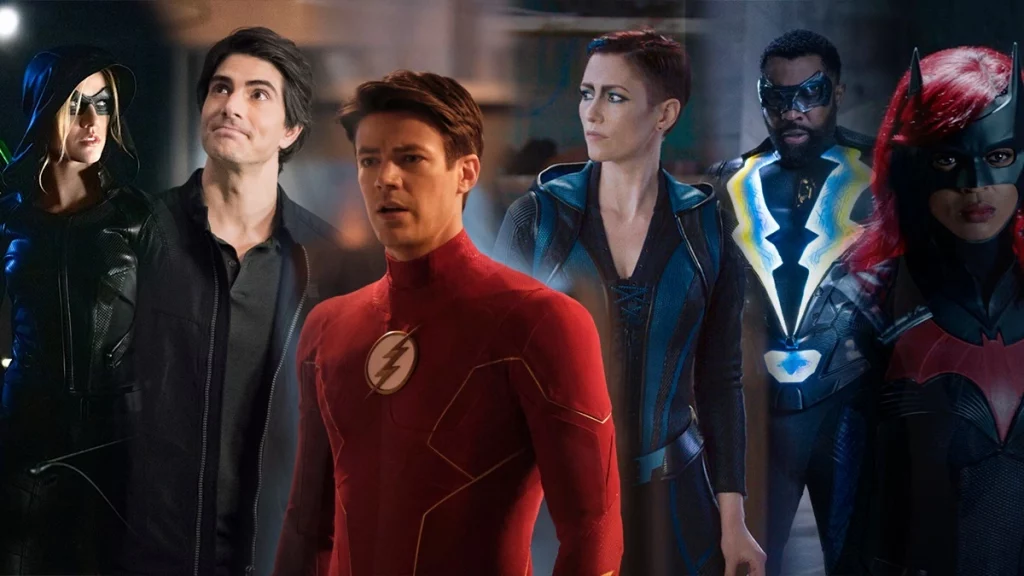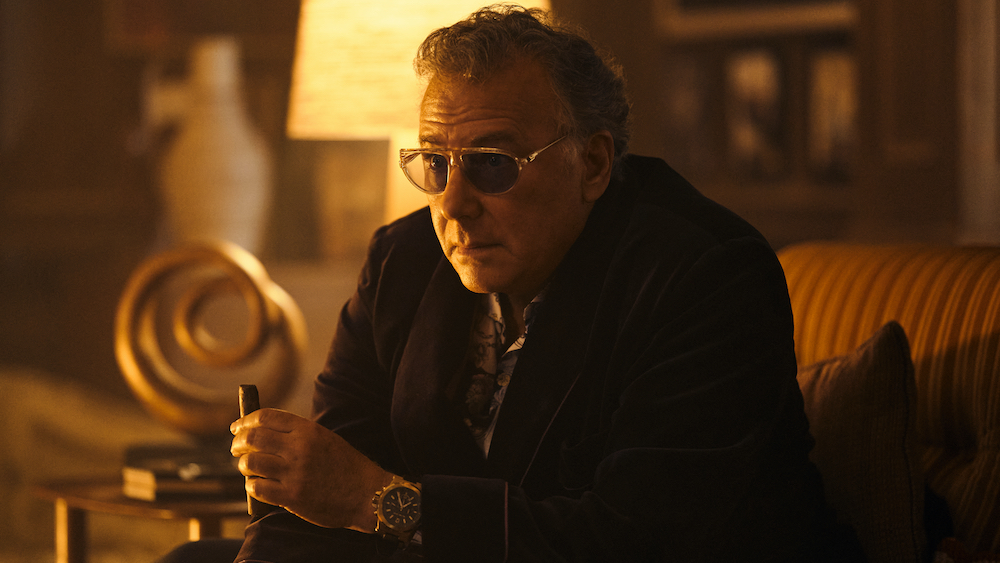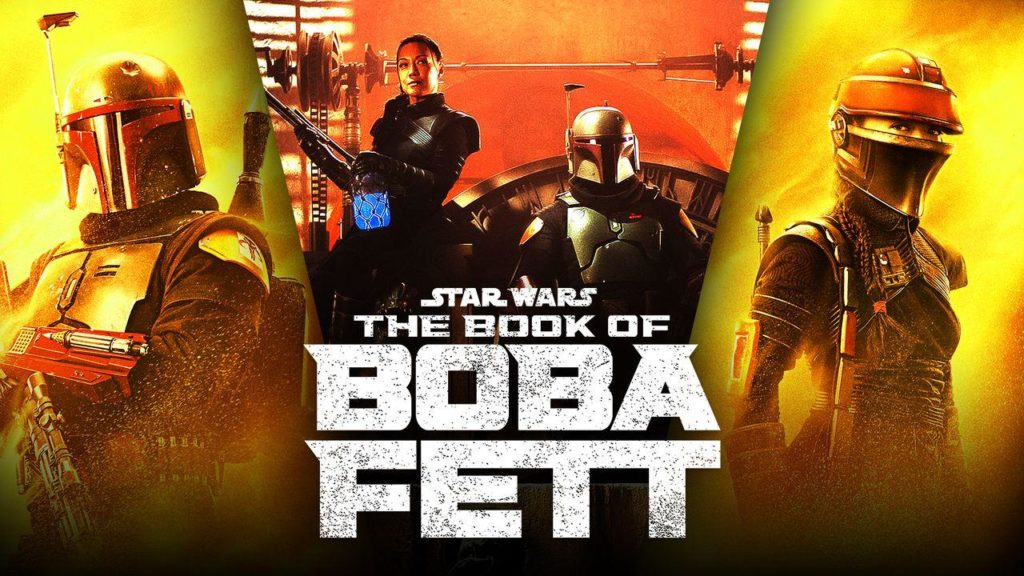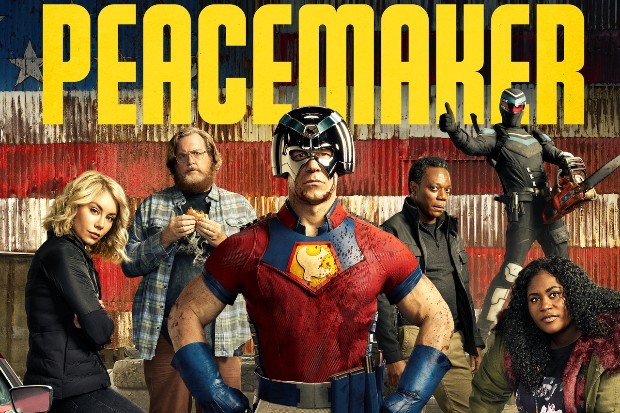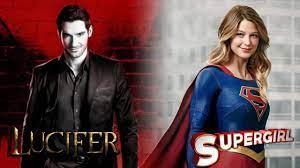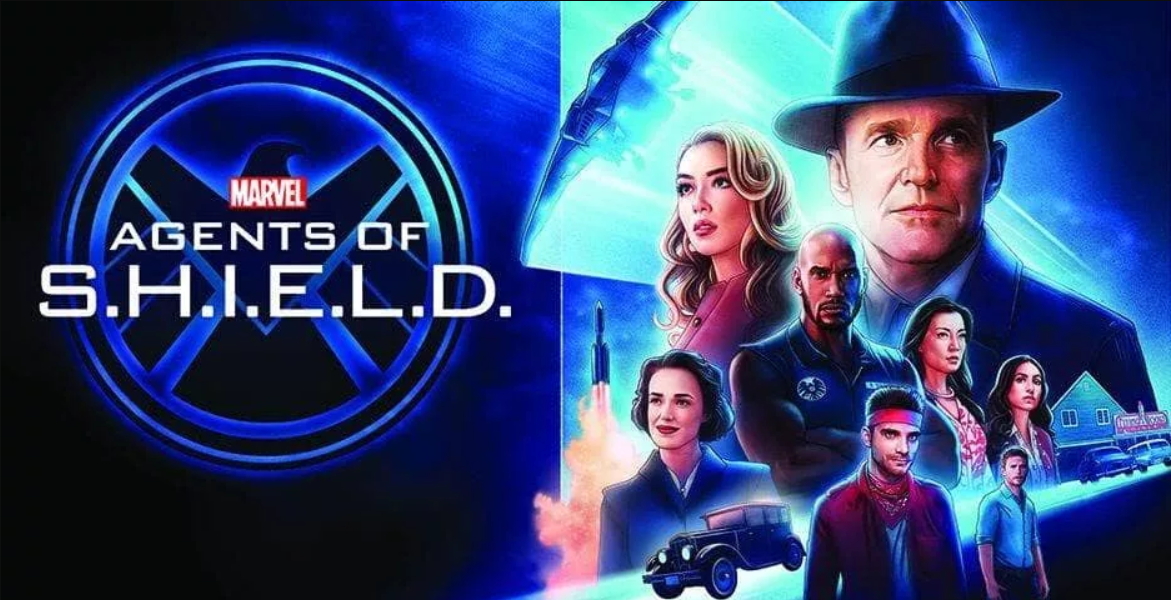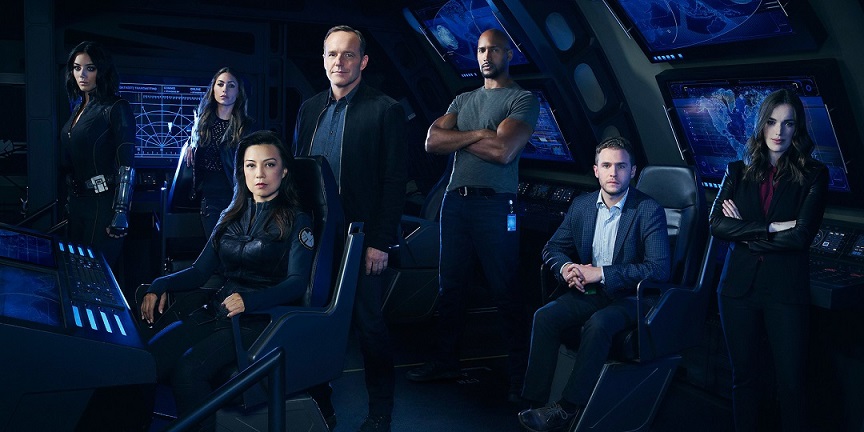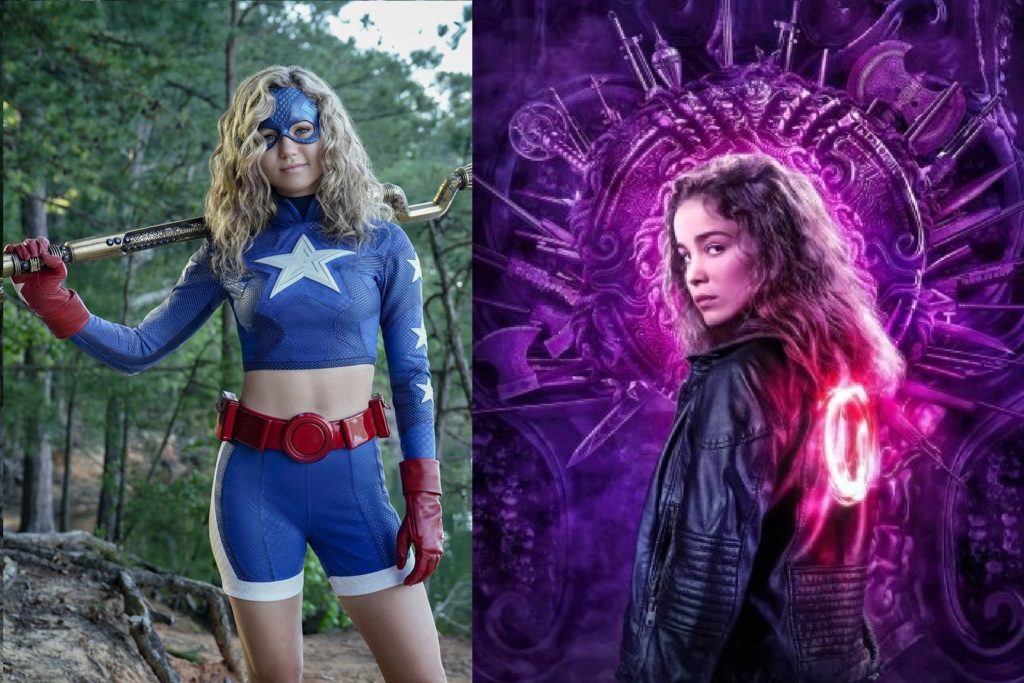We know who did what best, time to count ’em off. A lot of freshman shows in the mix, and more than one that we heard a lot about in the previous posts… will the old tradition of freshman shows taking the top spot return? Read on!
But first, pour a forty for these former shows… feels like for the first time more shows in the rankings are in this section or about to be than aren’t…
In Memorium
Batwoman: Batwoman had a rough ride, given the replacement of their title and central character after one COVID-shortened season. While I had my reservations about replacing the iconic Batwoman, Kate Kane, with an original character, Ryan Wilder brought a new level of vital social commentary to the show that the proper canonical Batwoman couldn’t: a black woman railroaded by a corrupt and racist law enforcement system speaks more to our current era than a wealthy white woman who, yes, is gay, so conservatives want her dead, but still. But while some people consider the third season its best (I can see that, it is the one with no origins), to me it became the new poster child for what had been going wrong with the Arrowverse: denied access to characters that might be in movies or HBO Max shows, they just said “We’ll make our OWN Batwoman! And our OWN Poison Ivy! And our OWN Joker!” and I didn’t love that. But the core cast was mostly solid (poor Sophie only briefly had a purpose other than “Love interest to whoever’s Batwoman”), and Rachel Skarsten’s Alice was a perpetual delight. With the exception of one scene, they brought their cast to a decent place of closure, and I thank them for that, even if it’s a little unfortunate they have to end here.
DMZ: Miniseries, doesn’t count
Legends of Tomorrow: Oh it hurts me to put this show in this section. Sure, they did even more than Batwoman to forge the unfortunate Arrowverse trend of “Well if we can’t use anyone the film/HBO Max branch wants, we’ll make our own superheroes! With blackjack and hookers entirely original characters!” It drifted pretty far from being able to legitimately call itself “DC’s” Legends of Tomorrow or even “a superhero show,” but it never drifted from being fun, moving, and full of delightful misfits that I shall miss terribly. Legends of Tomorrow lived and died as the most underrated Arrowverse show, and we were lucky to have it as long as we did. Sadly Warner Bros. decided it was done owning part of the CW, and using it to generate shows to sell to Netflix, and that came with casualties.
Lucifer: By what possible right was this show this good. It started as Castle but with the literal Devil instead of a mystery writer, something I watched mostly for the charm of its lead actor, then within two episodes of season two it was appointment viewing. It was a deconstruction of religious iconography, a deep dive into the dysfunctional divine family, and a show that’s funny, suspenseful, incredibly moving, and despite starring the former King of Hell… so very human. They made their cast of humans, angels, demons, and rotating celestials-of-the-season some of the most compelling characters around, old friends I’m sad I won’t be seeing more of. Also they solved murders! Almost every episode! If you haven’t seen it? Get on that. I shall miss it terribly, while rewatching it often.
Naomi: Okay so the thing is, Marvel pushed the “It’s all connected” angle for a reason. Even when the film and television branches were completely separate, they still had “It’s all one universe” to con people into watching Iron Fist or even Inhumans on the off chance that one of the characters would later, I don’t know, turn up in a Doctor Strange movie or something. Naomi decided they didn’t need any of that and created a separate universe for their show, and it turns out this was the worst possible season to do that on a network unsure of its future. Despite her creator’s ongoing attempts to bootstrap Naomi onto the DC A-list, she’s still more deep cut than icon, so maybe they needed the crutch of a connected universe. Still, one less show with a queer BIPOC lead is always worth mourning.
Supergirl: The Maid of Might survived cancellation by CBS, moving to another network and city, budget cuts, a pandemic, having to film a third of their final season while their title character was on maternity leave, some of the net’s most rabid ‘shippers, and people thinking that a hero standing up against hatred and intolerance is “too political.” But it was brought down, at least in part, by the same thing that felled Arrow a season earlier… the lead actor deciding they wanted to move on. Melissa Benoist gave us one of the most passionate, devoted, moving heroes in last past six years, and if she wants to hang up the cape for new endeavours and to spend more time with her husband and new son, she’s earned that. Godspeed, Kara Zor-El/Danvers.
Y, The Last Man: Look it’s inherently sad that a project that languished in five kinds of development hell for over a decade finally saw the light of day only to be almost immediately cancelled, even if they didn’t quite sell me on the result.
The Arrowverse: Arrow is over, Supergirl is over, Batwoman, Legends of Tomorrow, and Black Lightning are all over, and given revelations in the season finale, Superman and Lois went the way of Dwayne Johnson in The Fast Saga… once they spun him off on his own, he essentially cut ties with the rest of the franchise. (At time of writing Stargirl isn’t cancelled yet, but they’re on Earth-2, they barely count as Arrowverse adjacent.) And there seem to be no more Arrowverse shows coming*. Flash is the last one standing and it’s ending next year. Who would have thought a show about Green Arrow’s early days as an archery-based vigilante, cribbing heavily from Nolan’s ultra-grounded Dark Knight trilogy, would eventually lead to time travelling sorcerers, a full multiverse, the Legion of Superheroes, Brandon Routh reprising Superman, Jon Cryer absolutely nailing Lex Luthor, live-action Gorilla Grodd on network TV, annual crossovers that routinely put The Defenders to shame, and the first live-action adaptation of Crisis on Infinite Earths? COVID putting a stop to the annual crossovers took the wind out of their sails, and Warner Bros. deciding to sell off their share of the CW seems to be the kill shot, but while quality could vary wildly from show to show and season to season, it was still a great ride. We shan’t see its equal soon, not unless HBO Max gets its act together and quickly.
*Don’t talk to me about Gotham Knights, Gotham Knights is set in yet another self-contained continuity like Naomi and Pennyworth and I already dislike them for it.
Now, let’s begin.
Next Page: The Participation Trophies

